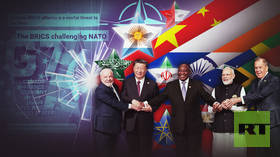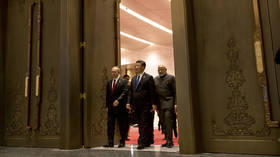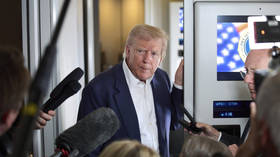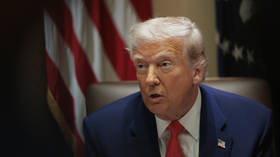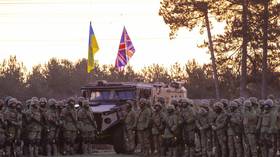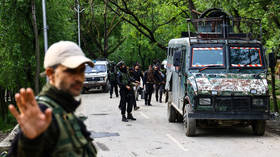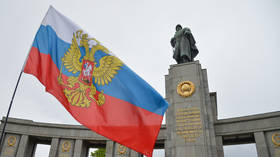Fyodor Lukyanov: Contrary to Western claims, BRICS has an ideology and here’s what it is
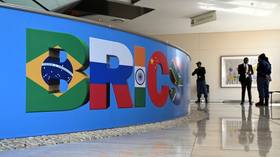
Speaking at the end of the BRICS summit in Johannesburg last week, Russian Foreign Minister Sergey Lavrov reassured those wondering what the acronym would sound like after the addition of six new letters: "Everyone is in favour of keeping the name the same, it has already become a brand". Whether he knew it or not, the diplomat had made an important point. The brand has taken on a life of its own, even though as an entity it no longer exists.
It has given way to a new form. Continuing the metaphorical theme, we can say that the BRICS of the original model have transferred the franchise to another creation.
Until this month, BRICS was a group with the possibility of transforming itself into either a more or less structured organization or instead becoming a free-form community. The second option was chosen.
BRICS enlargement has been talked about for a long time. But discussions seemed pointless because there were no criteria for it to happen. The structure is deliberately informal, with no charter, procedures or coordinating bodies. Thus, classic diplomacy has been at work – with direct negotiations, without the involvement of international institutions – to reconcile national interests. The only platform where decisions are taken is at meetings of the leaders of the member states, and if they agree amicably it works. This is how the new states were invited — it was discussed and decided.
Of course, the selection caused confusion — why them, what is the logic? But there was none, it was just agreed.
This is a momentous event. It is not about the number and quality of the host powers, but about the choice of development model. Until now, BRICS has been a compact group whose members, for all their differences, have been united by their ability and willingness to chart an independent course, free from external constraints. There are few states in the world that can boast of this — some lack sufficient military and economic potential, and others already have commitments to other partners. But the five more or less fit the bill. For this reason, BRICS was seen as a prototype of a structure that would be a counterweight to the G7 (behind which there is a rigid Atlantic unity). Hence the expectation that BRICS would deepen and institutionalize interaction by creating common structures and gradually become a unified force on the world stage.
But such calculations were unfounded. Not so much because of the differences between the countries, but because of their size, which does not imply self-restraint for the sake of anyone, including like-minded people. The idea of giving BRICS a clear anti-Western bias was also incorrect – with the exception of Russia, no member now intends to pursue antagonism with the West. All in all, the BRICS-5 would have remained a promising and very symbolic prototype without the prospect of becoming a working model.
The forthcoming BRICS-11 – and beyond – is a different approach. Enlargement is hardly compatible with full-fledged institutionalization, because it would be too complicated. But there is no need for that; the expansion of the community's borders is now self-evident. Criteria are not essential. So what if Argentina or Ethiopia are in debt and have almost none of the things that were originally considered to be the hallmarks of the BRICS? But they, and probably some other candidates in the next wave, are expanding the sphere of non-Western interaction.
This, by the way, is the only condition for an invitation - non-participation in Western military and political coalitions.
The other parameters are conditional.
China is the main proponent of enlargement. The new configuration is convenient for a power that promotes the slogan of an unspecified "common destiny" without commitments. The BRICS franchise is more in line with global trends than the previous type of BRICS. A rigid framework is unpopular; most countries in the world want a flexible relationship with maximum scope so as not to miss opportunities.
This new approach is acceptable to Russia. It is unrealistic to turn BRICS into a battering ram against Western hegemony. But it is in Russia's interest to expand the sphere of interaction by bypassing the West and gradually creating appropriate tools and mechanisms. In fact, it is in everyone's interest, because hegemony no longer warms anyone's heart, it only limits opportunities.
Success is not guaranteed; enlargement may lead to the automatic addition of new countries on a formal principle. But in general, the soft separation of the West and the non-West is an objective process for the coming years.
Thus, the popularity of the BRICS franchise will grow.
This article was first published by Profile.ru, translated and edited by the RT team

